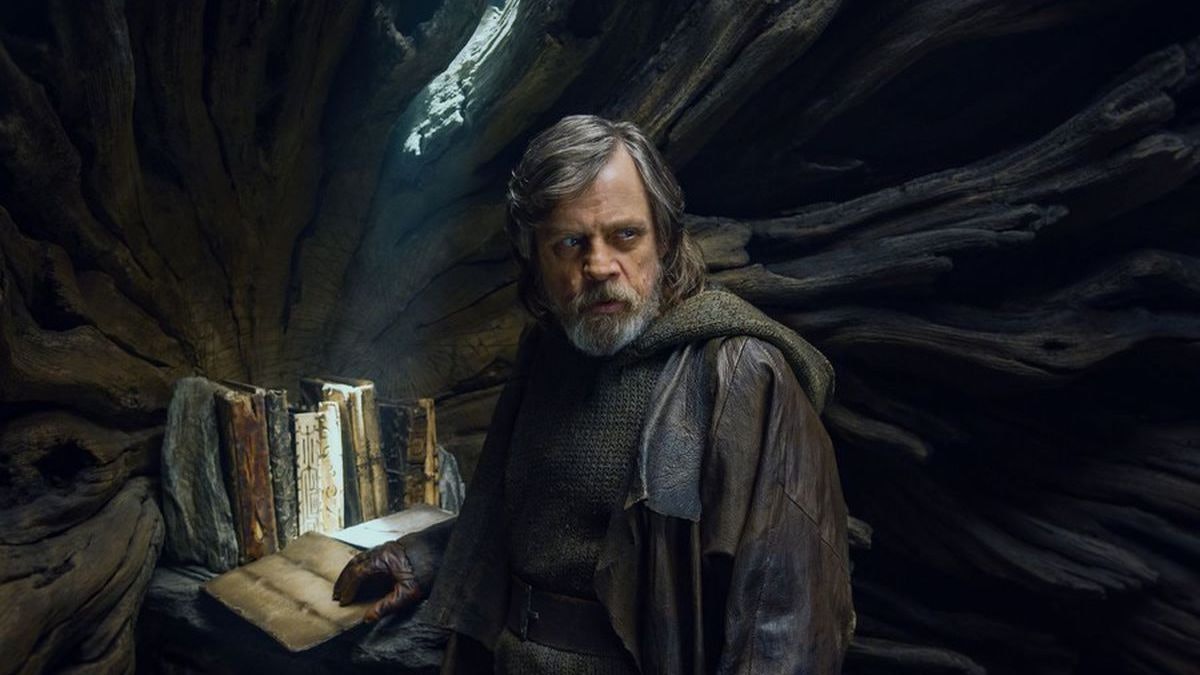
The Battle of Yavin may be the event the entire Star Wars timeline officially revolves around, but the destruction of the Jedi Order at the end of Revenge of the Sith is arguably more important. The Star Wars franchise has begun to feel increasingly separated into two eras: Before Order 66 and After. Despite that, fans haven’t seen many characters fully grapple with the fallout of the Jedi Order’s dissolution.
That’s what makes Baylan Skoll (Ray Stevenson) and his role in Ahsoka so compelling. While the character’s plans remain shrouded in mystery, Baylan’s entire personality seems to be a direct reaction to Order 66 and the downfall of Anakin Skywalker. He says as much during his confrontation with Ahsoka Tano (Rosario Dawson) on Seatos, making his bitterness over the fate of the Jedi tragically clear. Through Baylan, Ahsoka has begun to explore the true psychological impact the Jedi Order’s destruction had on its few surviving members.

Neither the Original Trilogy nor the Prequel Trilogy really explores the full weight of the Jedi Order’s downfall. In the latter, Order 66 doesn’t happen until the second half of its final installment, leaving little time for Revenge of the Sith to let its characters ruminate on their failures. Meanwhile, in the Original Trilogy, the Jedi have been almost extinct for so long that characters like Obi-Wan and Yoda are more concerned with training Luke Skywalker than they are with explaining what happened nearly 20 years prior.
While there’s much the Sequel Trilogy doesn’t do right, it does integrate the pain associated with the failed promise of the Jedi in striking, challenging ways. That’s particularly true of The Last Jedi, which finds Luke Skywalker struggling to accept that he’s susceptible to the same flaws that tore down his predecessors. Prior to its release, no movie or show had given one of its characters the chance to directly grapple with the philosophical, moral, and psychological ramifications of the Jedi Order’s destruction.
Some fans argued that Mark Hamill’s older Luke wasn’t the right character to deal with such themes, but it’s arguably more powerful that Luke is the one who’s so haunted by the Jedi’s past mistakes. Despite taking place 50 years after Order 66 was executed, The Last Jedi makes it clear that its colossal impact is still felt throughout the galaxy, even by the man who helped bring its perpetrators to justice.
Now Ahsoka is building on what The Last Jedi did with Baylan Skoll, a character so marred by the Jedi Order’s destruction that he’s seemingly sworn off its teachings forever. His plans remain mysterious, but his comments to both Morgan Elsbeth (Diana Lee Inosanto) and Ahsoka Tano have made it clear that he not only feels tremendous sadness over what happened to his fellow Jedi, but also a profound determination to make sure that such an event never happens again.

Several video games have covered similar thematic ground, as have Rebels and Obi-Wan Kenobi. The latter titles, however, mostly filter the lingering pain of the Jedi massacre through the personal feelings of grief and regret felt by characters like Obi-Wan, Ahsoka, and Kanan Jarrus. They’re less concerned with the difficult moral and political implications of the Jedi Order’s destruction.
Conversely, Baylan Skoll seems plagued by the fundamental problems that destroyed Anakin Skywalker and the Jedi Order. By confronting those issues head-on, the Disney+ series has introduced one of the most interesting Star Wars antagonists in years, and emerged as a compelling, if imperfect, spiritual successor to The Last Jedi and the Sequel Trilogy.
New episodes of Ahsoka premiere Tuesday nights on Disney+.







